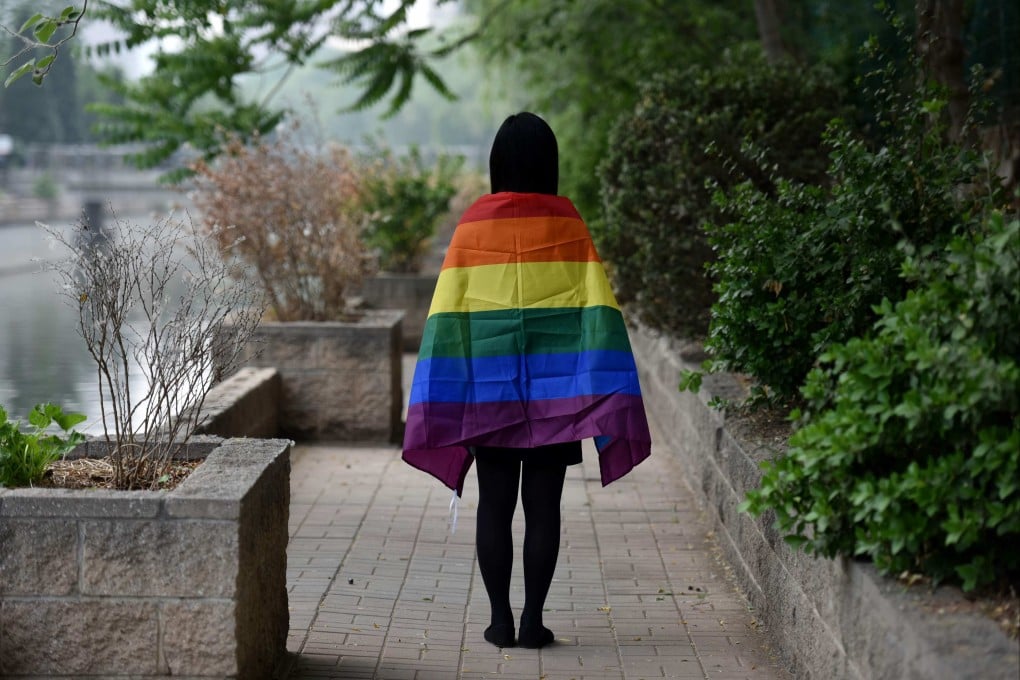Advertisement
How the Chinese internet saw Cuba’s vote on gay marriage, surrogacy
- The island nation has become the first in the socialist world to allow same-sex marriage
- In China, homosexual couples cannot marry and surrogacy is prohibited for all.
Reading Time:2 minutes
Why you can trust SCMP
3

Cuba’s legalisation of same-sex marriage and “altruistic” surrogacy has revived debate half a world away in a major trading and ideological partner, China.
In a national referendum last week, Cubans voted overwhelmingly in favour of a “family code” allowing non-commercial surrogate pregnancies and same-sex couples to marry.
The code also introduces measures against gender-based violence, increases the rights of women, the elderly and children, and encourages families to share the housework load evenly.
Advertisement
Cuba is the 32nd country to legalise same-sex marriage and is the first socialist nation to make the shift, marking a major departure from the past when homosexuals risked losing their jobs and being sent to labour camps because of their sexuality.
The change did not go unnoticed in China, which shares ideological similarities with Cuba.
In China the LGBTQ community faces legal and social barriers. Same-sex couples cannot marry or adopt and surrogacy is prohibited for all.
Advertisement
Select Voice
Select Speed
1.00x